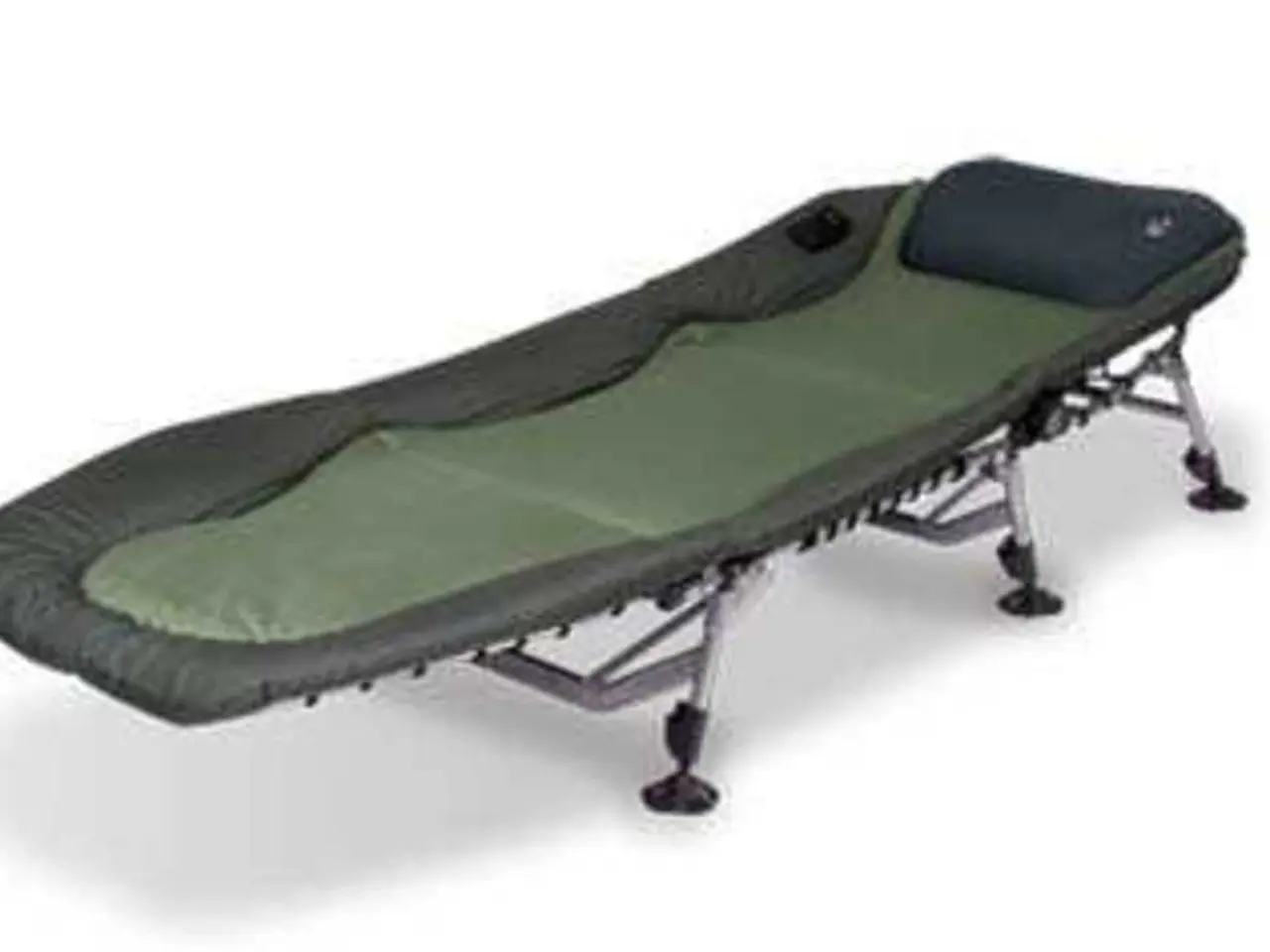Top-tier medications for dealing with menstrual cramps
Cramps can be a common and uncomfortable experience for many, affecting various parts of the body and arising due to a variety of reasons. In this article, we will explore different types of cramps, the medications available to manage them, and some general tips for relief.
Muscle Cramps
Muscle relaxants can be beneficial for managing muscle cramps, particularly in severe cases. One such muscle relaxant is carisoprodol, which helps reduce skeletal muscle spasms. However, it's important to note that muscle relaxants can cause side effects such as drowsiness, dry mouth, and dizziness, and they may not be suitable for individuals with certain health conditions.
Other muscle relaxants include cyclobenzaprine, tizanidine, baclofen, metaxalone, and benzodiazepines. Each of these drugs has its own set of side effects and contraindications, so it's essential to consult a healthcare provider for personalized advice.
Abdominal Cramps
Abdominal cramps are generally not serious, but they can be a sign of more serious conditions such as appendicitis, kidney stones, or gallstones. Common causes of abdominal pain include bloating, gas, constipation, diarrhea, and irritable bowel syndrome (IBS).
For managing abdominal cramps, over-the-counter pain relievers such as ibuprofen, naproxen, and acetaminophen can be effective. Antispasmodic muscle relaxers like Buscopan may also help alleviate abdominal cramps and menstrual cramps.
Menstrual Cramps
Menstrual cramps, or dysmenorrhea, affect most people who have periods. Factors that increase the risk of period pain include having heavy or long-lasting periods, high stress levels, getting your first period before the age of 11, and smoking.
In some cases, menstrual cramps may signify other health problems, known as secondary dysmenorrhea. Conditions such as ovarian cysts, endometriosis, and uterine fibroids can contribute to these more severe cramps.
Nocturnal Leg Cramps
Nocturnal leg cramps can be caused by a variety of factors, including diabetes, intense exercise, dehydration, certain medications, disorders that leave a person less mobile, disturbances in electrolytes and fluids, endocrine disorders, and vascular disorders.
General Tips for Cramps Relief
Regardless of the type of cramp, there are some general tips that can help provide relief:
- Frequent stretching and deep tissue massage can help alleviate muscle cramps.
- Staying hydrated and warming up muscles before exercise can help prevent cramps.
- Applying warmth to affected muscles can help relieve muscle cramps.
- For menstrual cramps, applying heat to the lower abdomen, gentle exercise, a warm bath, or a light massage can provide relief.
Summary
In conclusion, the choice of medication for managing cramps depends on the underlying condition. Always consult a healthcare provider for personalized advice. This article provides a summary of the most common medications used for muscle cramps, abdominal cramps, menstrual cramps, and nocturnal leg cramps, along with their major side effects and notes.
| Medication Type | Examples | Use Case | Major Side Effects | Notes/Warnings | |-----------------------|------------------------------|---------------------------|--------------------------------------|---------------------------------------------| | Muscle Relaxants | Cyclobenzaprine, Tizanidine, Baclofen, Metaxalone, Benzodiazepines | Skeletal muscle spasms/cramps | Drowsiness, dizziness, dry mouth, sedation | Contraindicated with certain conditions or interactions | | NSAIDs | Ibuprofen, Naproxen, Aspirin | Pain with inflammation (e.g., menstrual cramps) | Stomach pain, ulcers, bleeding risk, kidney effects | Avoid overdose, watch for GI issues | | Acetaminophen | Tylenol | General pain relief (non-inflammatory) | Liver toxicity if overdosed | Limited duration recommended | | Antibiotics | Cephalexin | Infection-related cramps | Abdominal cramps, diarrhea, allergic reactions | Only if infection present | | GI-specific Medications | Antacids, PPIs, prokinetics | Stomach cramp/pain due to acid, motility problems | Varies by drug; specific contraindications | Used only for GI-related cramps |
- Rheumatoid arthritis can cause severe and persistent joint pain, making it essential to consult a healthcare provider for appropriate pain medication and management strategies.
- Depression often co-occurs with rheumatoid arthritis and other chronic conditions, highlighting the importance of addressing mental health alongside physical health-and-wellness concerns.
- In addition to muscle relaxants, obesity can exacerbate pain and increase the risk of various health problems, emphasizing the role of nutrition and fitness-and-exercise in overall wellness.
- Menstrual problems, such as menstrual pain and heavy periods, can lead to discomfort and interfere with daily activities, prompting the need for effective treatment options.
- Studies in the field of science suggest that certain dietary changes, like reducing processed foods and increasing fruit and vegetable intake, may help alleviate menstrual symptoms for some women.
- COPD can sometimes cause abdominal cramps, further emphasizing the need for comprehensive healthcare management addressing both physical symptoms and any coexisting conditions.
- Predictive models based on machine learning can assist healthcare providers in identifying individuals at high risk for painful conditions, enabling earlier intervention and personalized treatment plans.
- In women's health, addressing factors known to contribute to menstrual pain, such as smoking or high stress levels, can help manage and prevent discomfort during menstruation.
- Cramps and pain during menstruation can impact mental health, highlighting the importance of considering the whole-person approach to treatment, paying attention to both physical and mental health aspects.
- Regular exercise, sufficient hydration, and stress management techniques can serve as preventative measures for some types of cramps and promote overall health and well-being.




